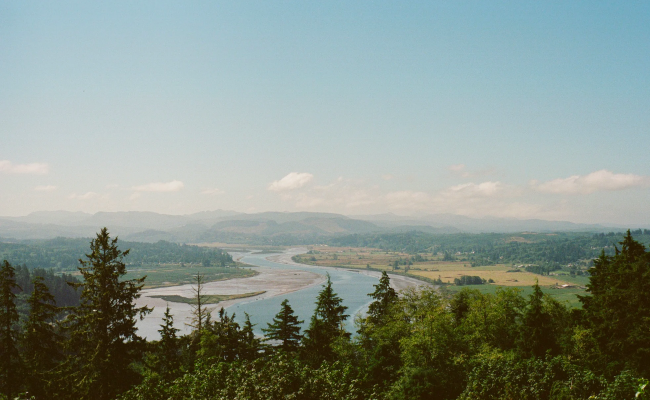
Film photography may not be as ubiquitous as it once was, but it's still very much alive and well. In an age where everyone has a digital camera in their pocket, many photographers are rediscovering the joys of working with film. The tactile nature of winding film and loading cartridges, the sound of the shutter clicking, and the anticipation of waiting for prints to come back from the lab all add up to a unique and rewarding experience. And while digital cameras may have largely supplanted film cameras in terms of popularity, there's still a healthy supply of good used film cameras to be found, and many varieties of film still on the market. So if you're looking to get into film photography, or to try something new, there's no need to be discouraged—the film world is waiting for you.
The Camera
If you're interested in getting into film photography, the first question you need to ask yourself is what kind of camera you want. The most popular format for film cameras is 35mm, and this is a great place to start if you're new to the world of film photography. Point-and-shoot cameras are also a good option for beginners, as they're easy to use and require very little manual input. However, if you're looking for more control over your shots, you may want to consider a manual camera. With a manual camera, you'll be able to adjust things like aperture, shutter speed, and focus, giving you a lot more control over the final image. Whichever kind of camera you choose, we recommend starting with 35mm film, as it's the most versatile and widely available option.
The Film
When it comes to film, there are a few different types that you should be aware of. Print and slide film are the two basic types, and each come in both color and black-white varieties. If you're just starting out, we recommend going with color print film. It's relatively inexpensive and easy to get processed. Kodak ColorPlus 200 is a good option that also has a nice vintage look. Keep in mind that even though shooting film isn't much more difficult than digital, there's always the potential for beginner mistakes. Therefore, it's always best to start with something low-cost.
The Development
If you're interested in shooting film, the first thing you need to know is that you can't just edit it on your computer like digital footage. Film has to be developed, so you'll need to find a lab to process it for you. If you live near a moderately-sized city, you should have no problem finding a place to process your film, and there are also several mail-order labs. Search in Google and be sure to check prices. Our go-to spot is Rewind Photo Lab. But the results are definitely worth it! Shooting on film gives your footage a unique look that can't be replicated with digital cameras. Plus, it's a lot of fun!

